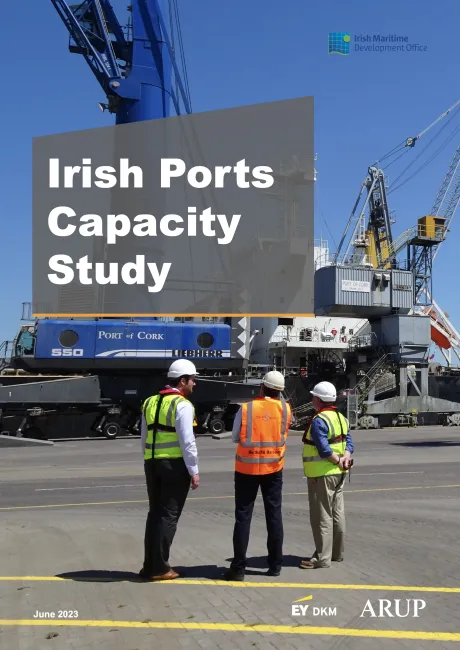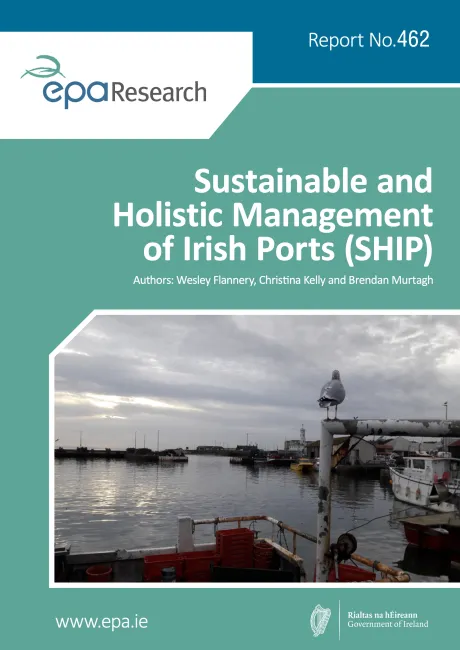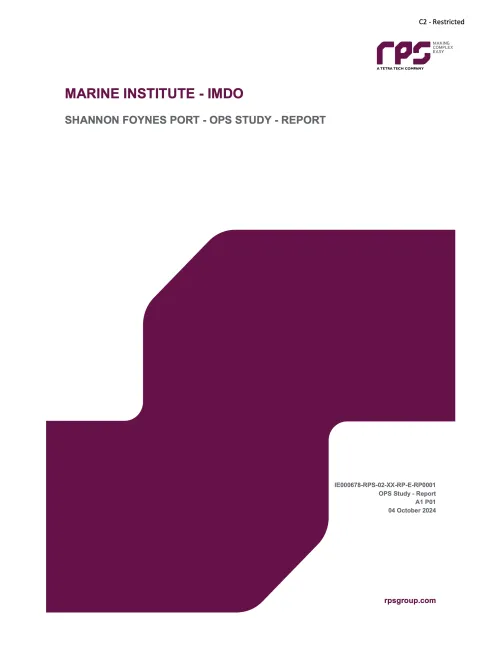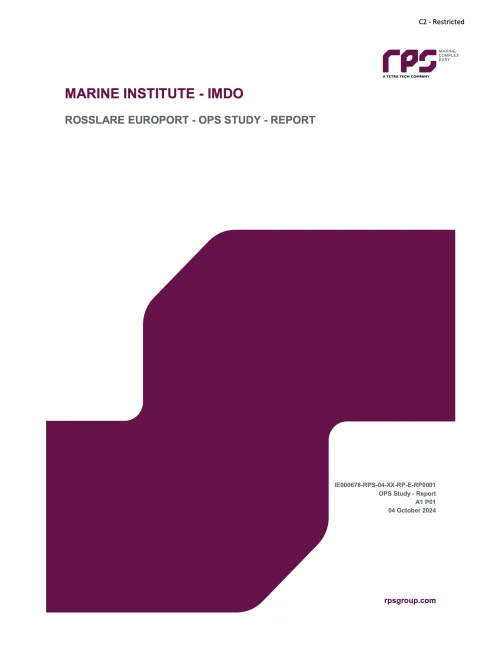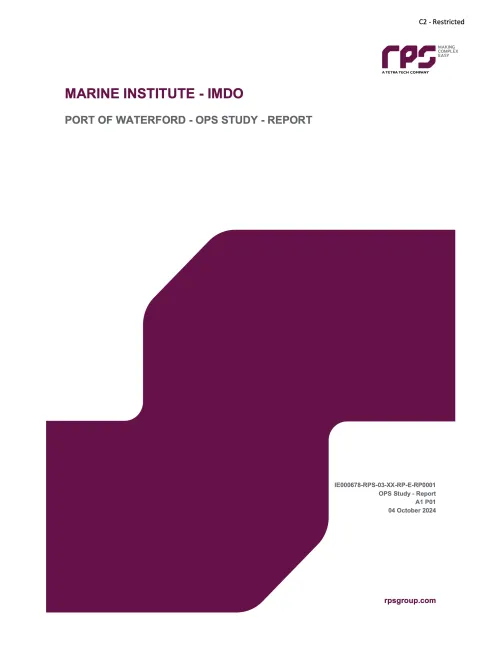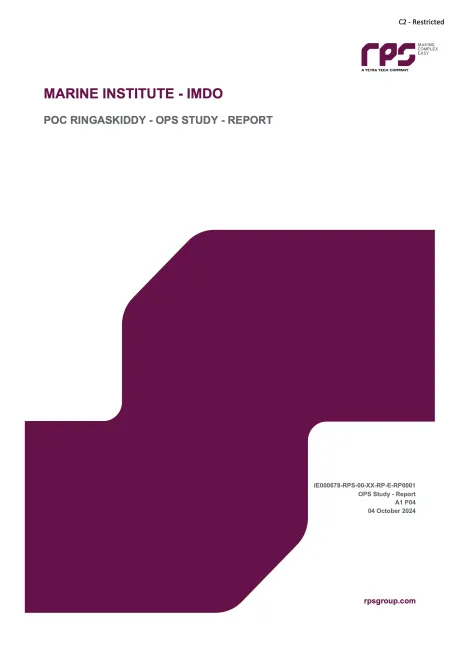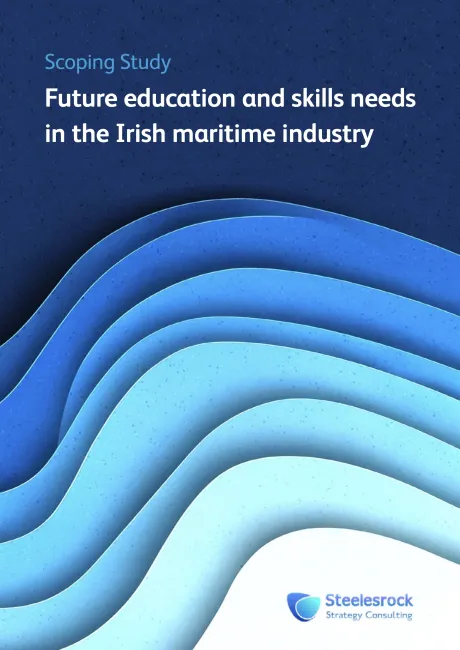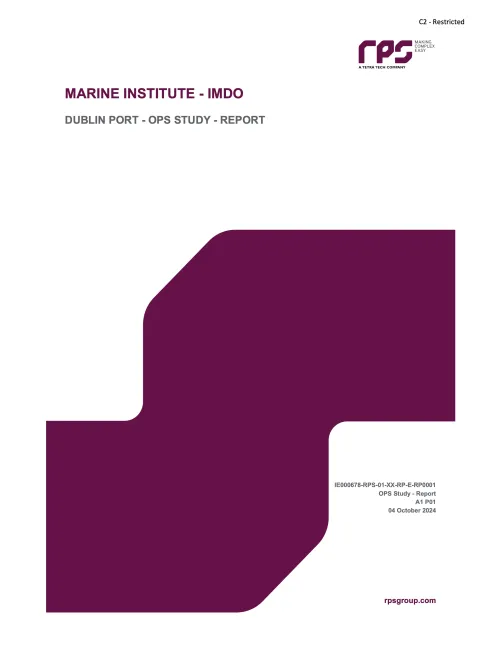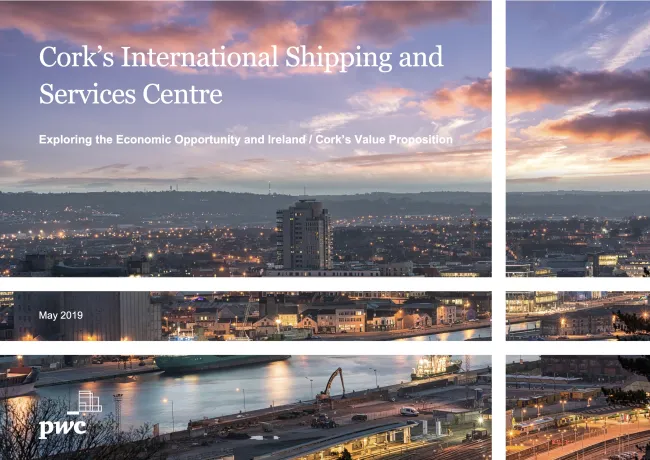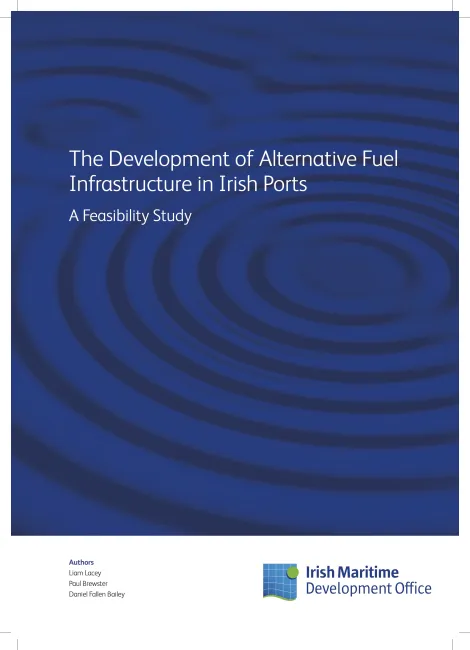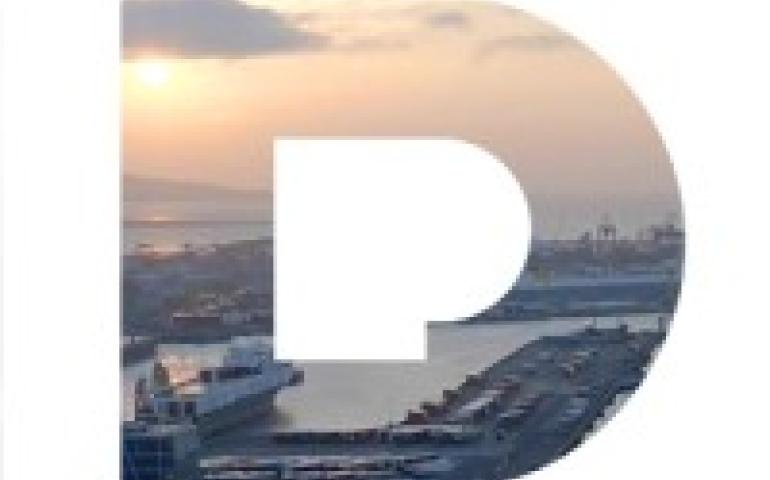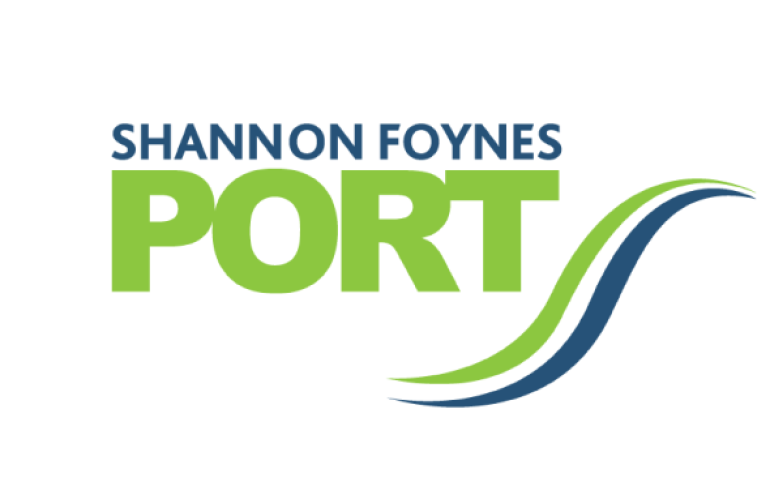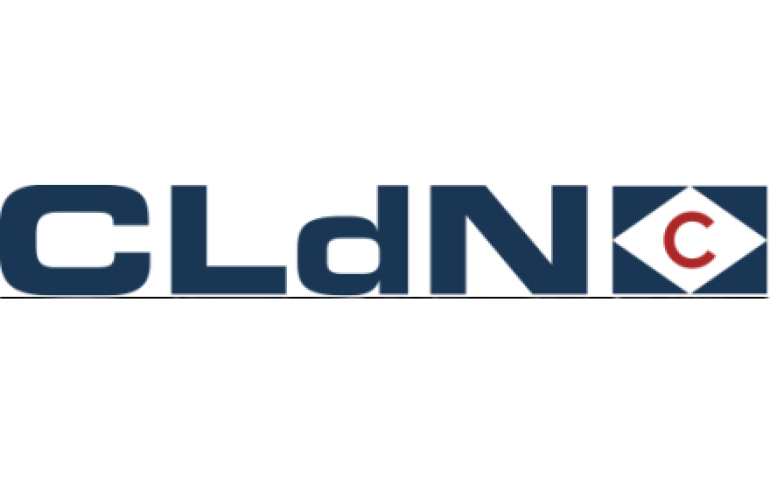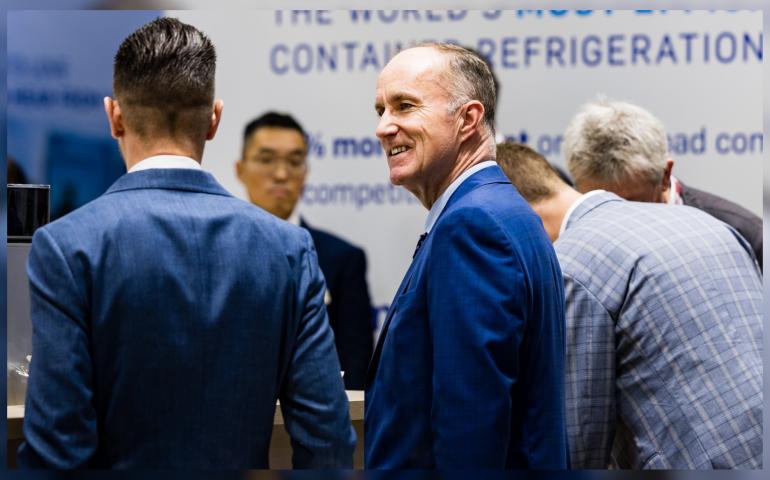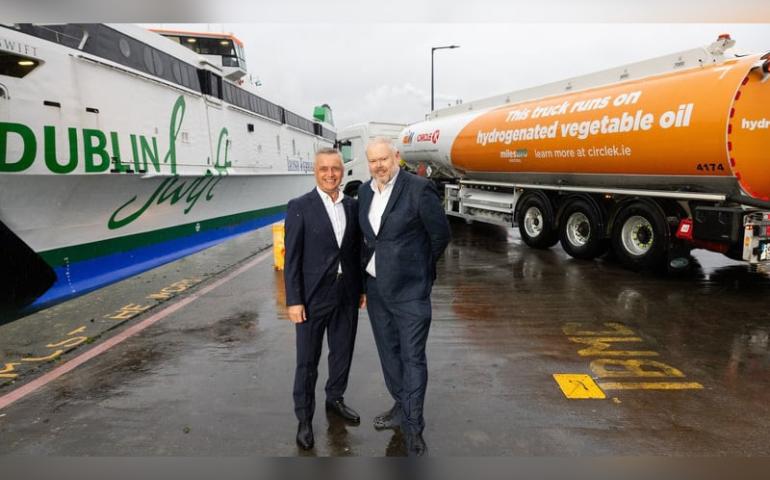The Irish Maritime Development Office publishes a range of reports on the Irish maritime sector on an ad hoc basis. Irish Maritime Development Office is the leading provider of information and research on the Irish maritime sector.
All our publications are freely available to download. Any information or research generated by the Irish Maritime Development Office should be referenced to the Irish Maritime Development Office.
The Development of Alternative Fuel Infrastructure in Irish Ports

